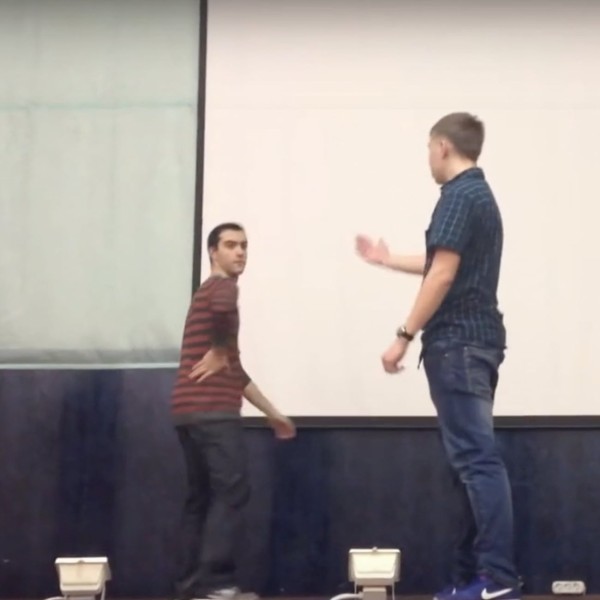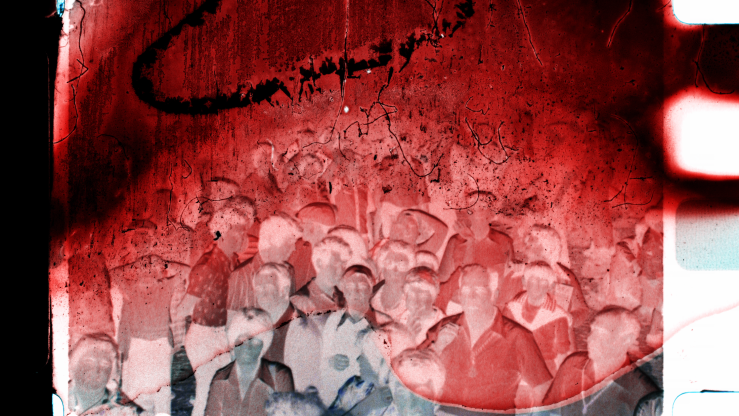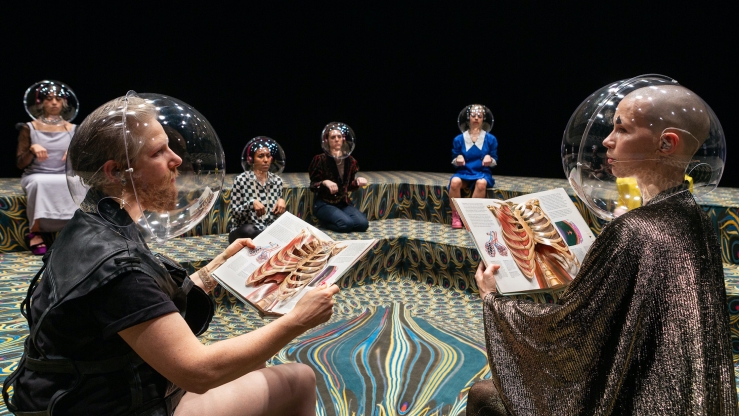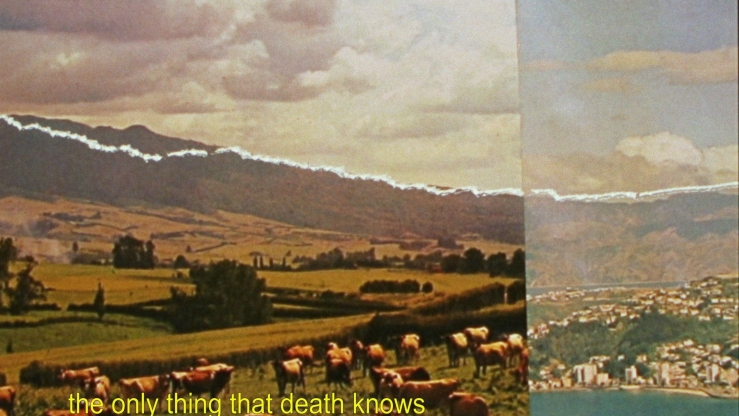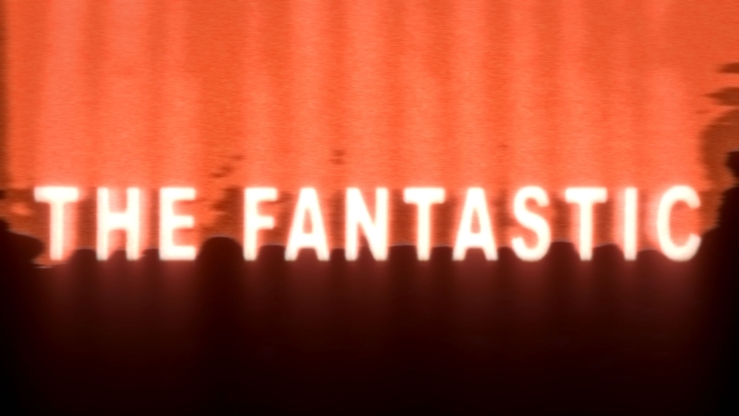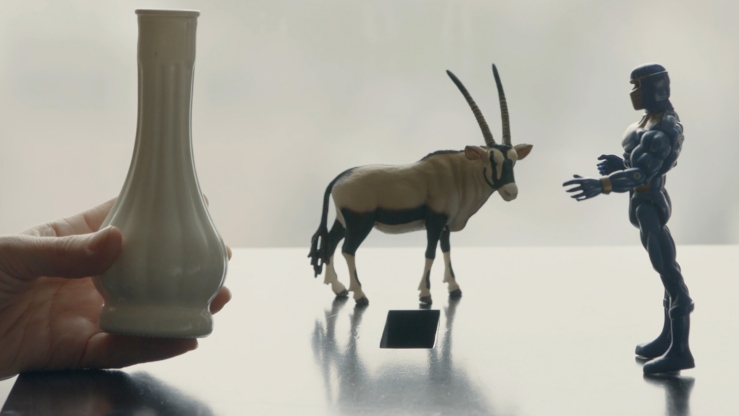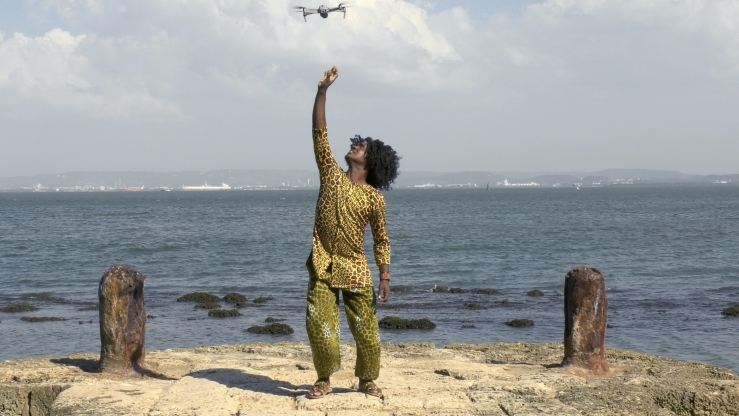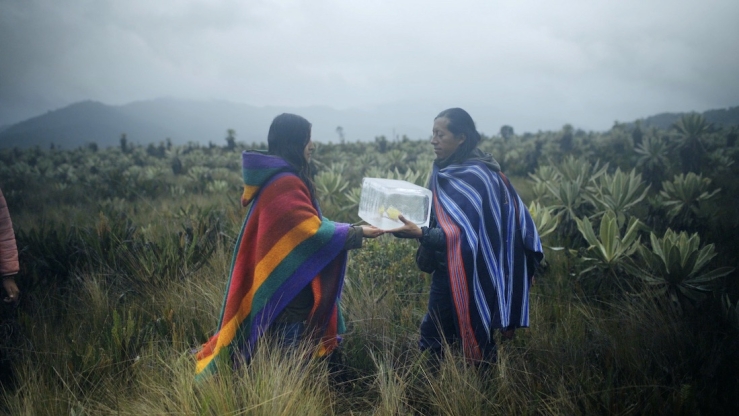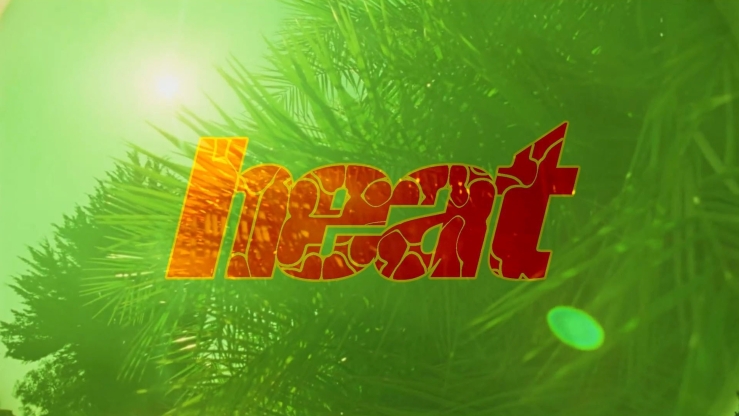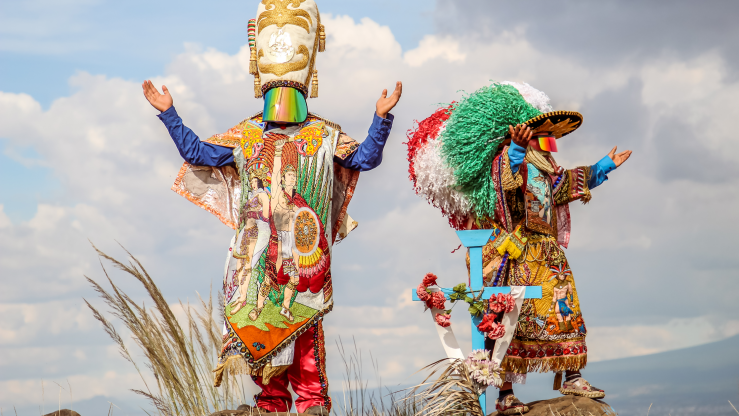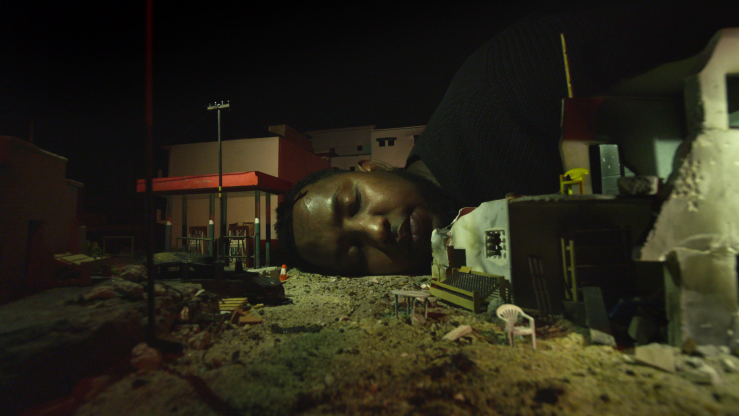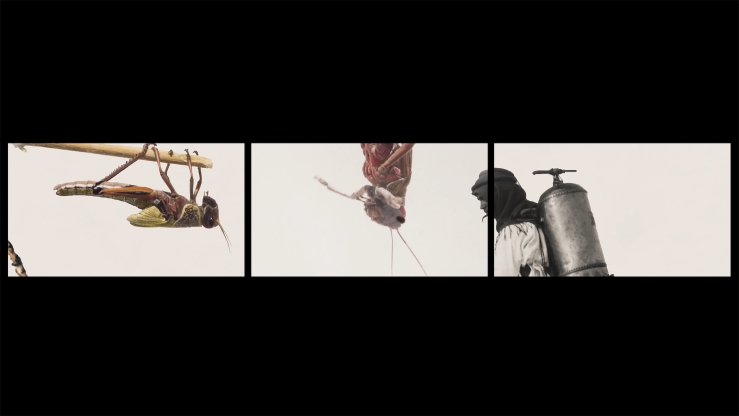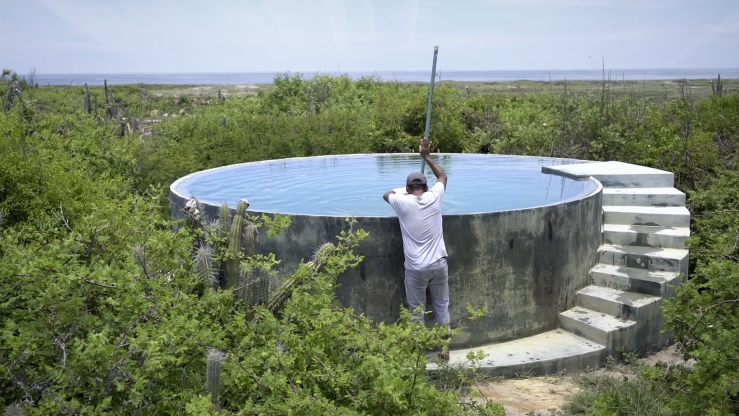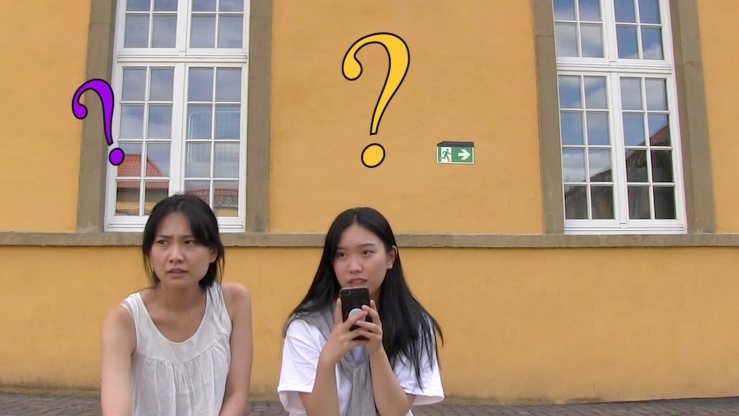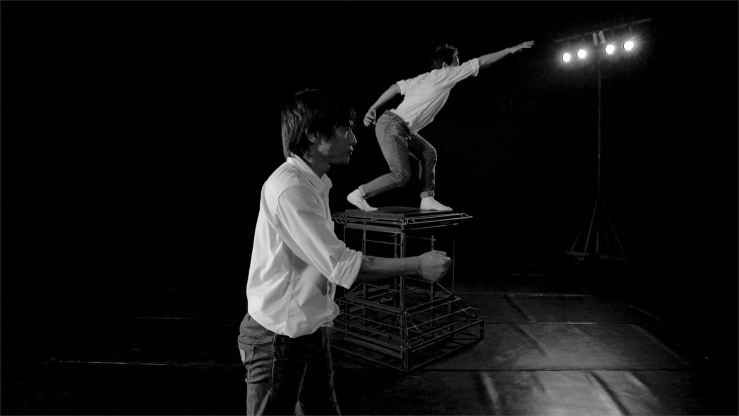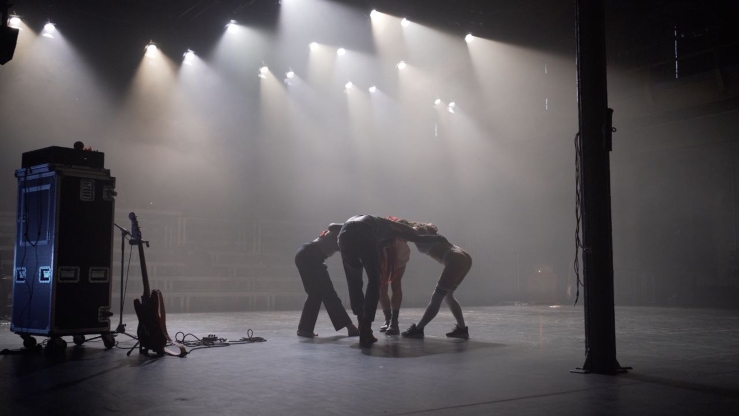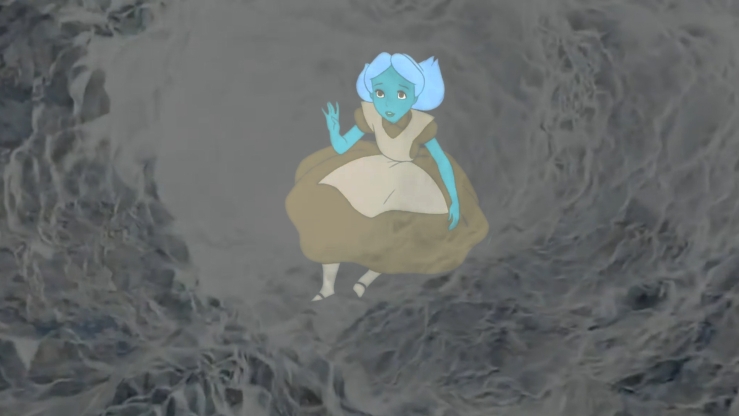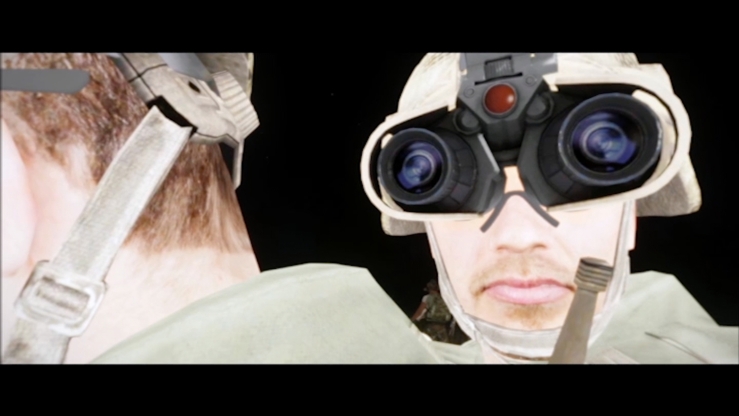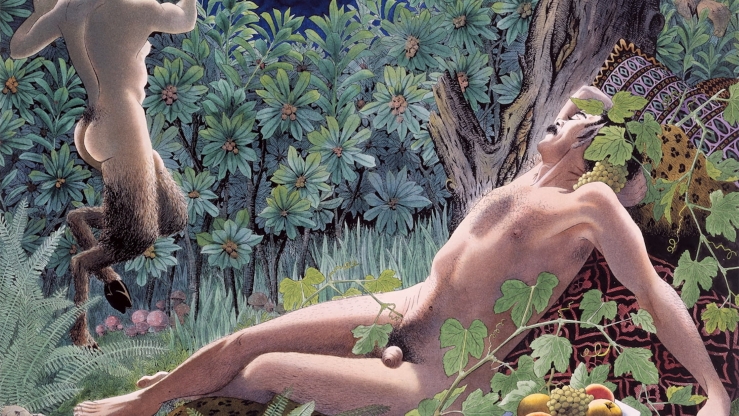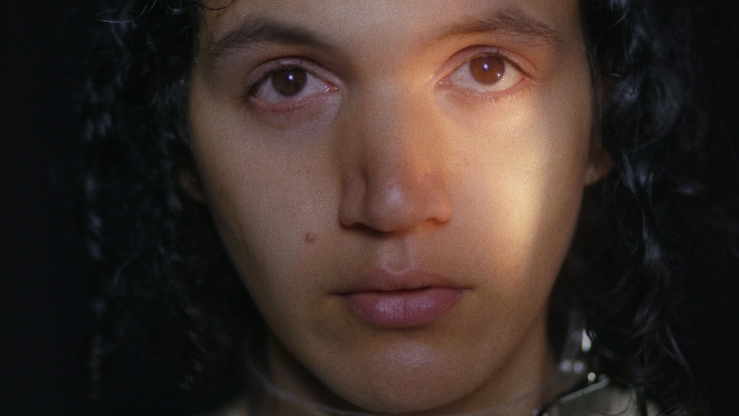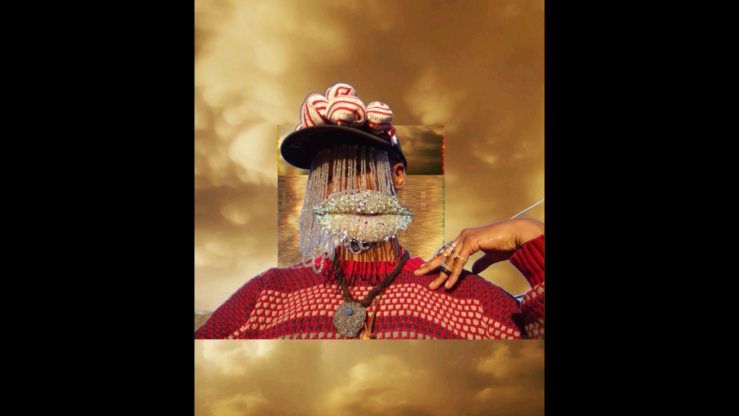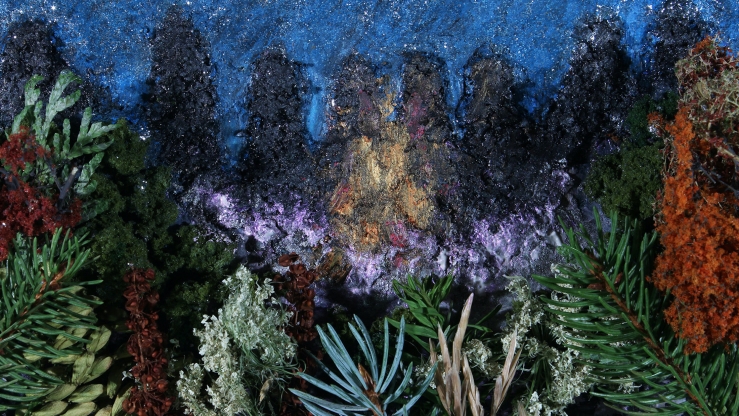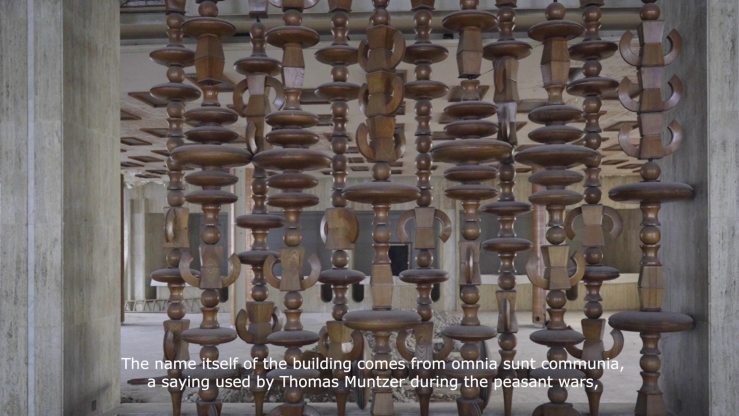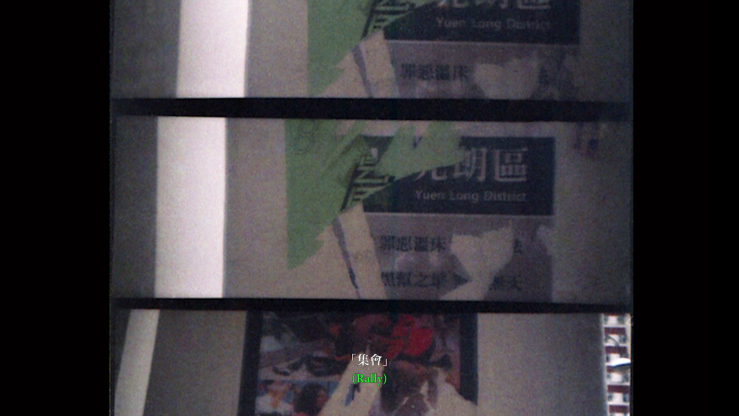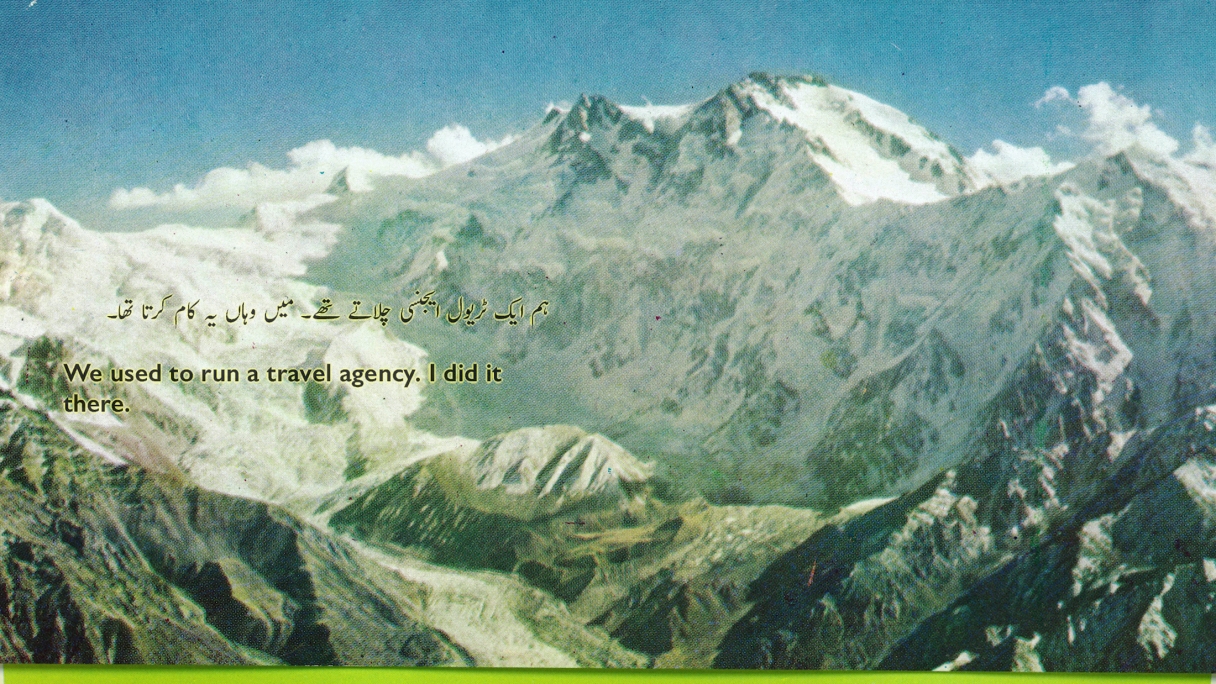
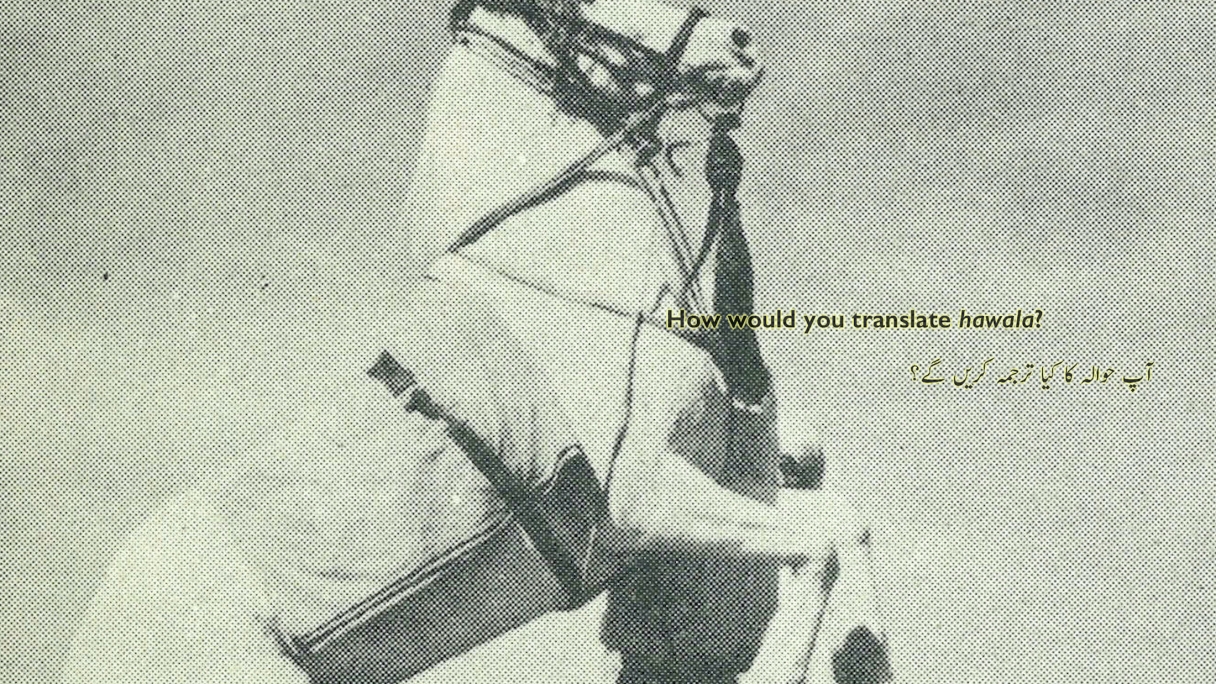
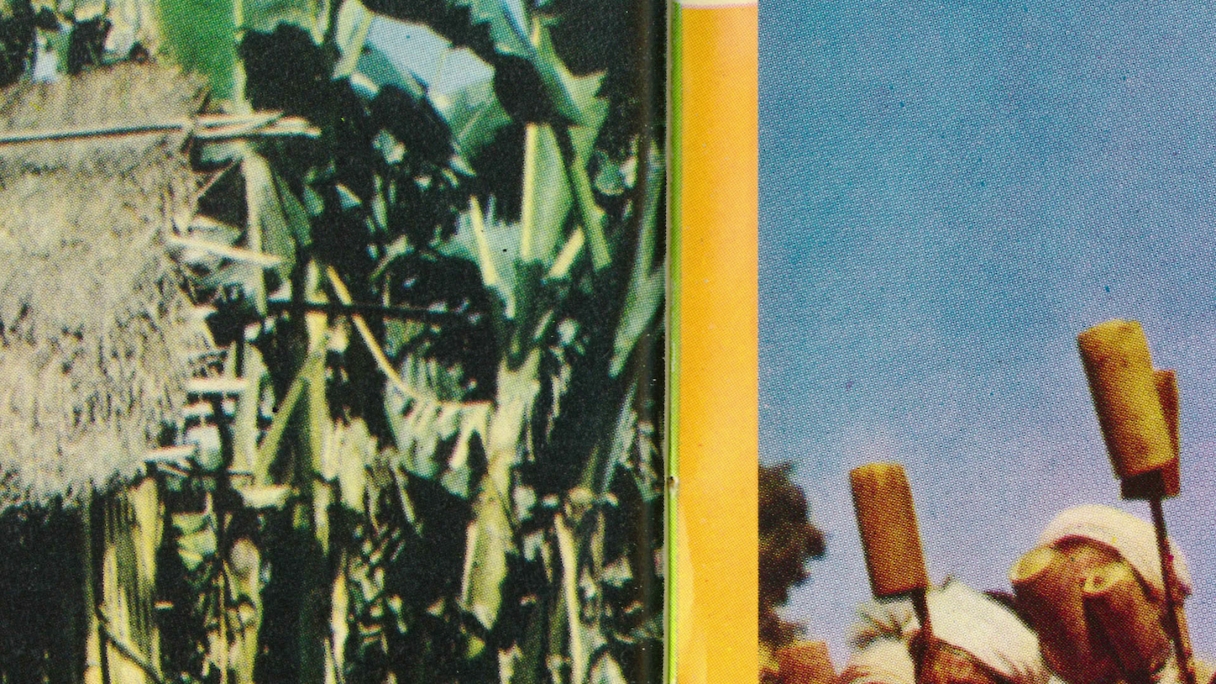
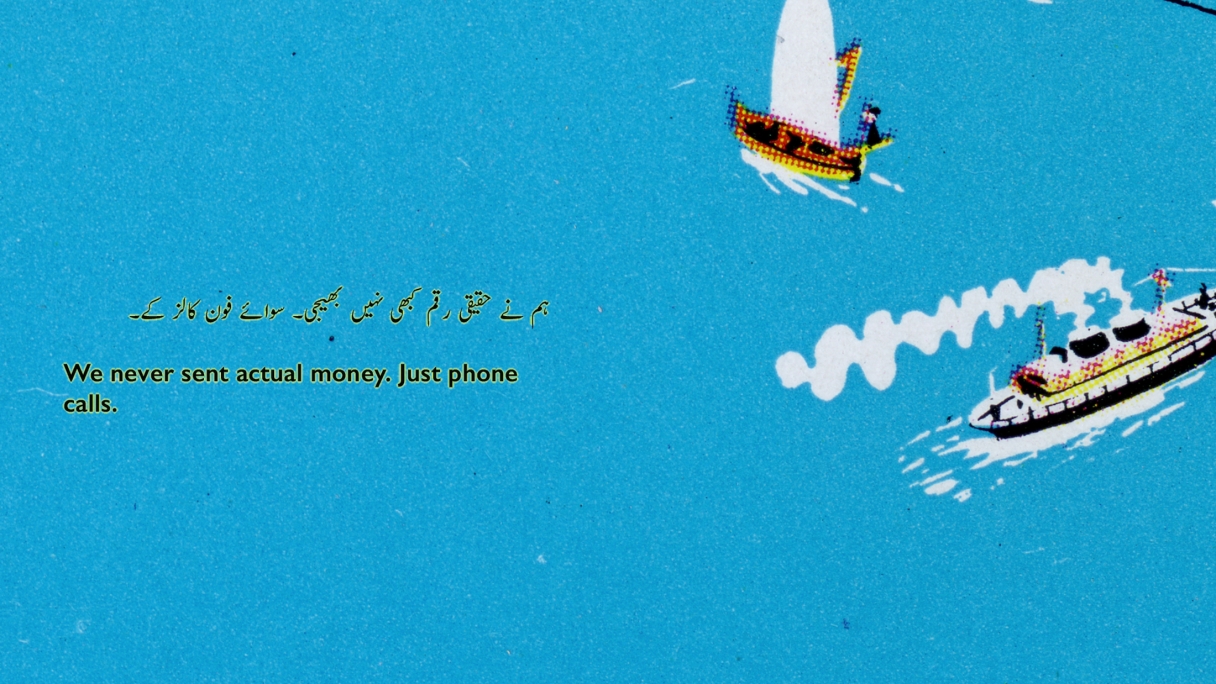
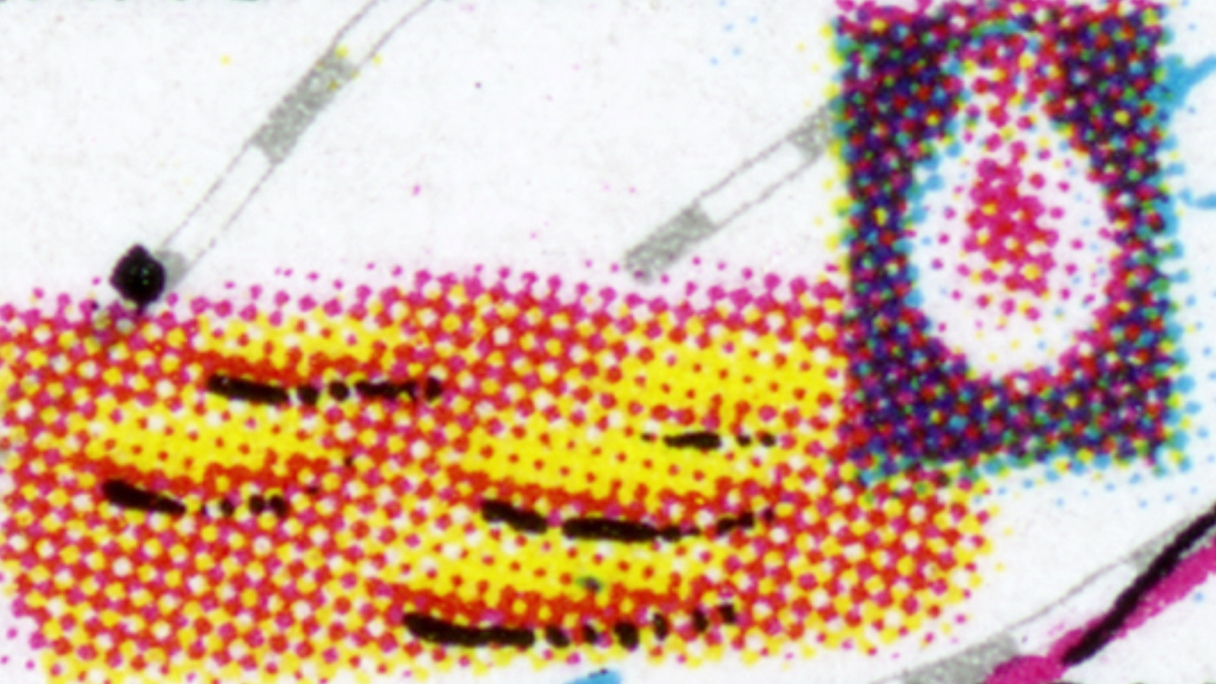
Shobun Baile &
The ancient system of ›hawala‹ provides an unofficial channel through which money can be transported in regions without access to a banking system. Unsurprisingly, it can be used to move and launder money under the radar of state regulation. TRUST STUDY #1 dives into the dual nature of ›hawala‹ in a written interview to an anonymous agent (›hawaladar‹), whose very existence is questionable.
›Hawala‹ was developed in 8th century India and has remained in use ever since. It avoids bookkeeping and written records of transfers in order to protect the identity of the agents involved, which might indicate why ›hawala‹ is commonly translated as ›trust‹, rather than the literal meaning ›transfer‹. The system, which is primarily employed in Islamic countries, began to function even more covertly after 9/11, when the US declared it to be an underground, shadow channel through which terrorist funds are transferred across the Muslim world. Nevertheless, ›hawala‹ provides a trusted network of support that has proven vital in war-torn areas and states in crisis. Baile’s work examines the ambiguities surrounding the history of ›hawala‹, its encoding method, and its users.
The system is facilitated by a very small network of tourist travel agencies, some of which have developed a peculiar code of verbal communication based on numbers and descriptions of images. Those in use by the interviewed ›hawaladar‹ and his colleagues are taken from an old tourist guide of Pakistan that was published by the government with the aim of increasing tourism, and thus money inflow. Through an elaborate description of the objects in the images and their exact placement, the agents transfer information and capital. The film points to the fact that both the journeys of people and of capital are organized by the same actors, although the latter generally finds a way to overcome the borders that restrain people’s freedom of movement.
TRUST STUDY #1 visually unfolds as a written dialogue that appears on a background of images which zoom into the texture of the print in order to reveal the structure that lies beneath the signs. The dotted patterns of colors and their juxtaposition gradually become details of recognizable images: a person, a camel, palm trees. The puzzle suggests the development of a code of transfer whose shaping is witnessed by the viewer throughout the interview, while the absence of sound emphasizes the secrecy of the money transfer that is essential to ›hawala‹. (Vanina Saracino)
Images: Shobun Baile, Trust Study #1, 2020 © Shobun Baile
By continuing to visit this site, you accept the use of cookies by Matomo Analytics for statistical purposes.
About the artist
About the Work
Insights at Videonale X
